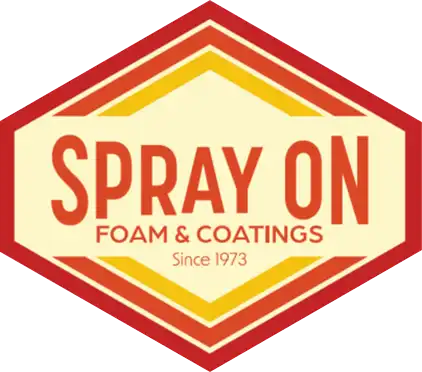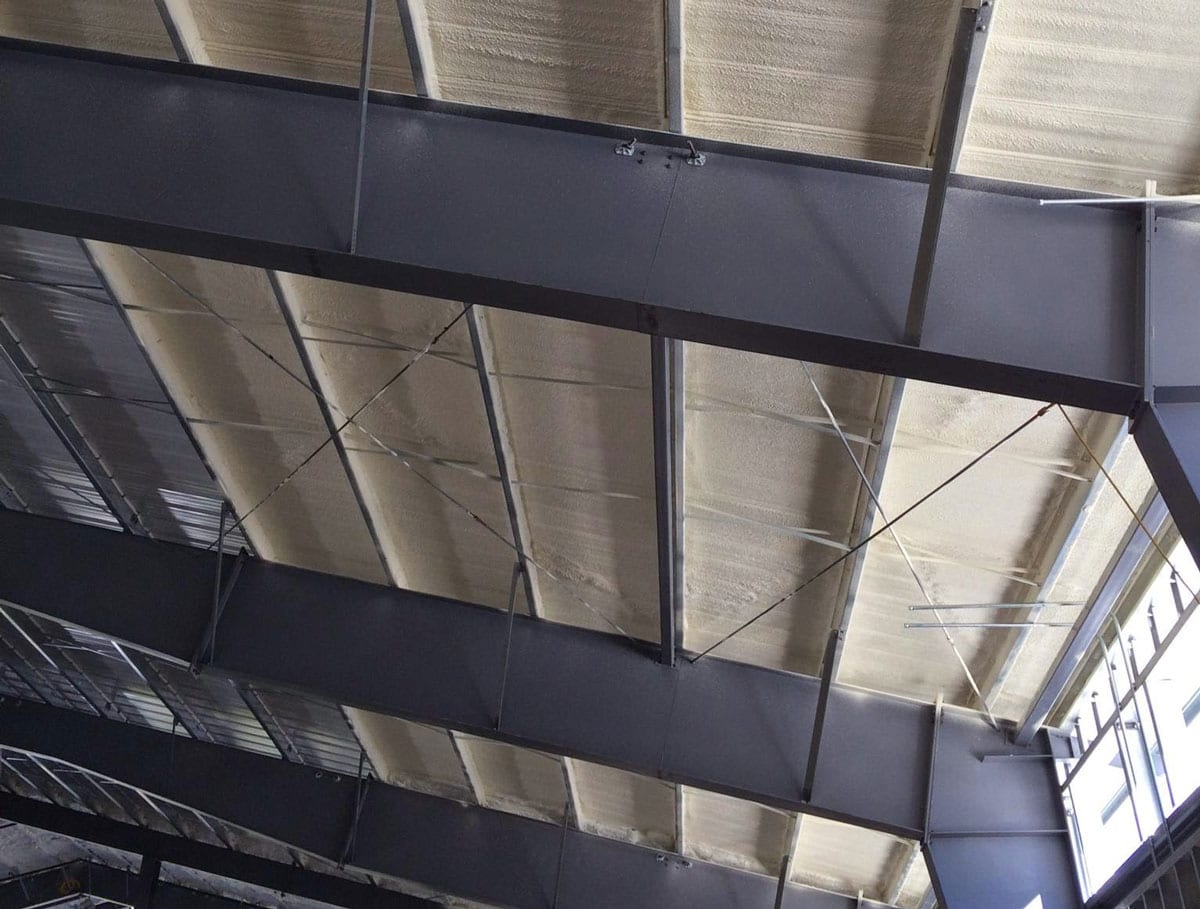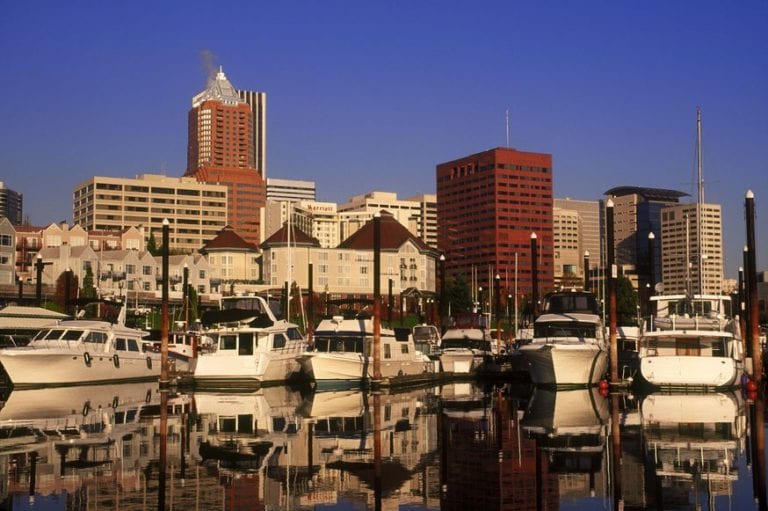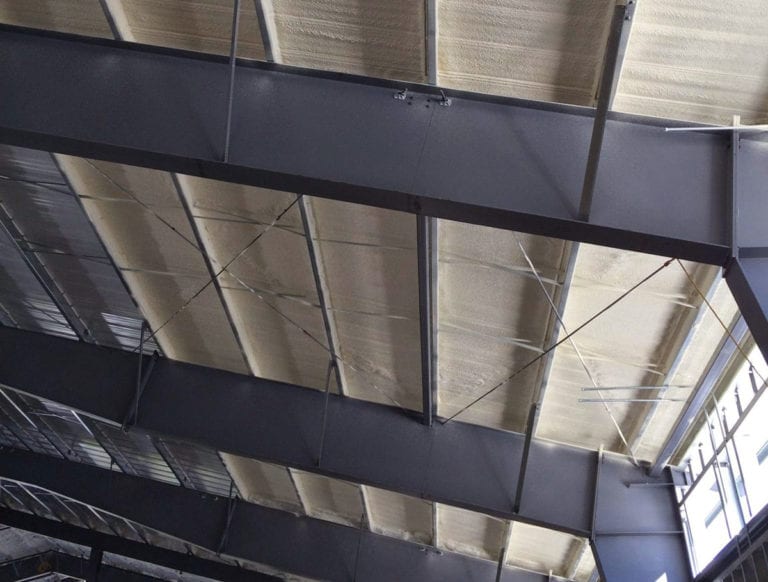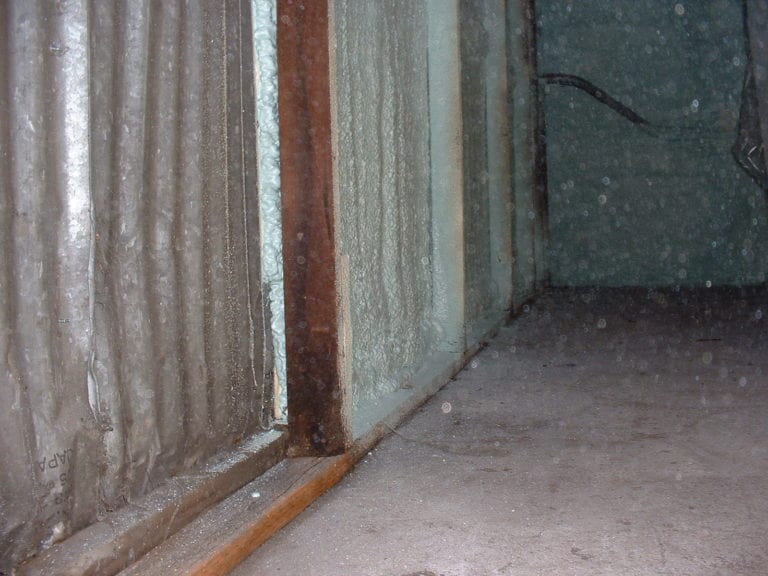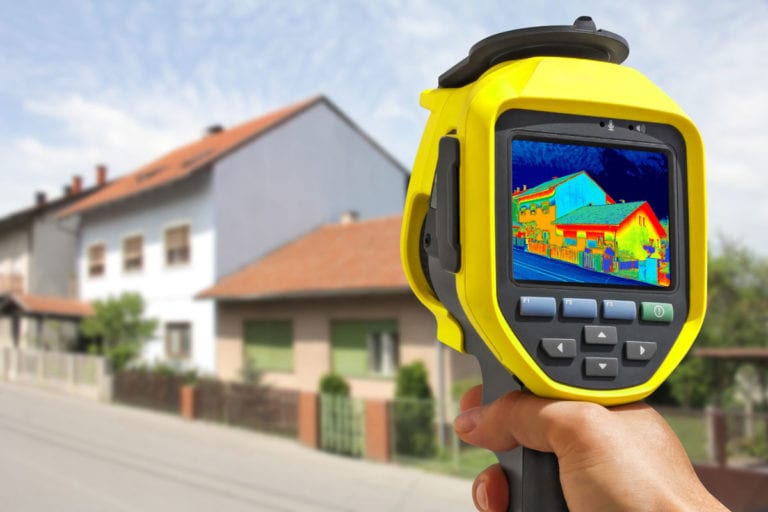What Is Passive Fireproofing?
Passive fireproofing contains structure fires before the flames can spread. Spray-on intumescents, a type of passive fireproofing, coats roofs, floors, beams, and columns. An application of fireproof spray prevents structural collapse by extending the time a building can stand during the heat of a fire.
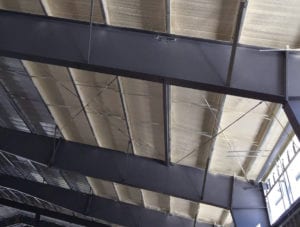
Few things are more destructive and frightening than a building in flames. Lives and property are at risk when fires break out. It takes time for firefighters to arrive on the scene. An unprotected building can be razed in a matter of minutes. Buildings constructed with passive fireproofing materials save property and lives.
Most structures need a combination of passive fire protection (PFP) and fire suppression tools. Fire suppression tools are familiar sights in most buildings. They include such things as fire extinguishers, fire hoses, and ceiling sprinklers.
Passive fire protection includes spray-applied intumescents, concrete encasements, insulation board enclosures, and other fire-resistant materials. While fire suppression is important once a fire breaks out, passive protection can keep a fire from taking off in the first place.
Let’s take a closer look at the most common types of passive fireproofing.
Structural Fireproofing
Spray-applied intumescents are applied to supporting structures of a building. They protect the structural integrity of a building, preventing collapse from heat and flames. Fireproofing, insulating and binding materials are mixed together and sprayed onto buildings. It has the advantage of being both effective and easy to apply.
Spray-On Foam uses Isolatek and Monocote, leading manufacturers of spray insulation. We’ve had great success with these products, spraying both large and small concrete and steel structures.
Fireproofing sprays are applied at various thicknesses. The thickness is dictated by building codes and adjusted after testing.
Compartmental Protection
Physical barriers limit the spread of fire. These protections include firewalls, floors, and ceilings made from concrete, gypsum, or masonry. The proper design of fire barriers can provide safe passageways for people to escape a burning building.
Passive fireproofing seems like a misnomer when you consider that once in place, these safeguards are always protecting your property. Our technicians are experienced, having applied fire protection to thousands of square feet of steel and concrete.
Please contact us to learn more about how we can protect your building against disaster.
